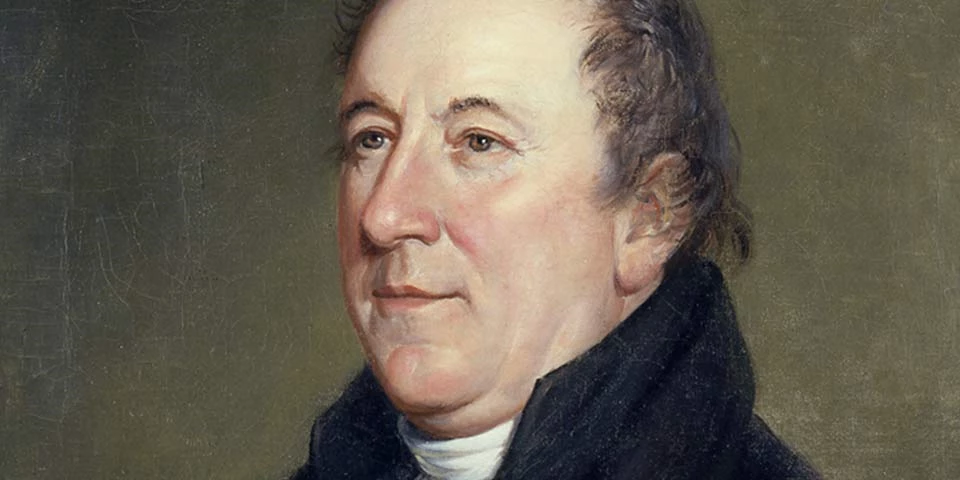Part of a series of articles titled The Constitutional Convention: A Day by Day Account for June 1787.
Article
June 19, 1787: Deficiencies of the New Jersey Plan
"I think the public never ought to see anything but the final report of the Convention - the digested result only, of their deliberations and enquiries."
--Nathan Dane (lawyer and former member of the Continental Congress) to Massachusetts delegate Rufus King

Independence National Historical Park
Tuesday, June 19, 1787: The Convention Today
The convention resolved itself into a Committee of the Whole, Mr. Gorham (MA), chair. The New Jersey plan came again to the floor. James Madison (VA) then spoke at length, pointing out that the New Jersey Plan wouldn't prevent treaty violations by the states, encroachments on Federal authority, or conflicts between states. Moreover, it wouldn't secure the internal tranquility of the states, good internal legislation for any particular state, not protect the Union against the influence of foreign powers over its members. It would, however, saddle the small states with the expense of their congressional delegation and the objects of the coercive power of the Union.
Madison warned in summary that if no plan was approved and the union dissolved, the small states would be at the mercy of their larger neighbors.
A motion to postpone the first proposition of the New Jersey plan carried.
A motion to use and re-report the Virginia Plan carried. The small states had lost again.
Synopsis
Voting in the Committee of the Whole:
The convention resolved itself into a Committee of the Whole, Mr. Gorham (MA), chair. The New Jersey plan came again to the floor. James Madison (VA) then spoke at length, pointing out that the New Jersey Plan wouldn't prevent treaty violations by the states, encroachments on Federal authority, or conflicts between states. Moreover, it wouldn't secure the internal tranquility of the states, good internal legislation for any particular state, not protect the Union against the influence of foreign powers over its members. It would, however, saddle the small states with the expense of their congressional delegation and the objects of the coercive power of the Union.
Madison warned in summary that if no plan was approved and the union dissolved, the small states would be at the mercy of their larger neighbors.
A motion to postpone the first proposition of the New Jersey plan carried.
A motion to use and re-report the Virginia Plan carried. The small states had lost again.
Synopsis
Voting in the Committee of the Whole:
- John Dickinson's (DE) motion to defer consideration of New Jersey Plan defeated by a vote of 6 - 4 - 1
- James Madison (VA) made eight arguments against New Jersey Plan
- New Jersey Plan defeated (7 – 3 – 1)
- Robert Morris (PA) wrote Revolutionary War General Horatio Gates, providing insight into his view of the government under the Articles of Confederation: "Thank Fortune [the delegates to the Federal Convention] cannot make [the framework of government] worse than it is, do what may."
- Wealthy patron of the arts William Hamilton (no relation to Alexander Hamilton) barely escaped a robbery attack by armed bandits in Philadelphia. According to the New York Daily Advertiser, "as Mr. (William) Hamilton was returning from the city to his seat at Bush Hill, he was attacked in Market, near Twelfth Street, by a band of ... eight, armed with blunderbusses and pistols, who surrounded the carriage and fired on the postillion. Mr. Hamilton ordered the driver to push the horses, by which he and the amiable Mrs. Hamilton ...escaped being robbed and perhaps murdered by these atrocious offenders."
Last updated: September 27, 2019
